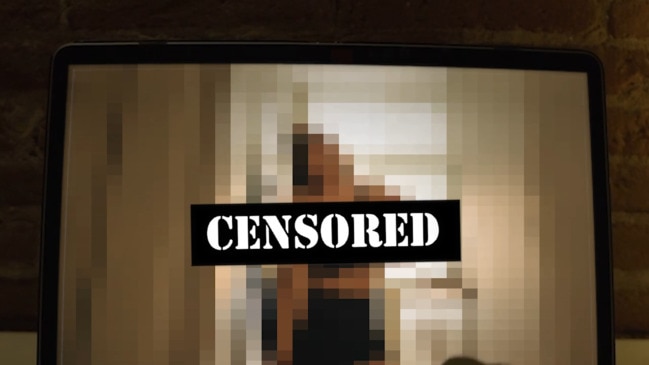US state proposes ban on pornography and sexting
A US state senator has proposed a law that would make watching pornography a felony and ban sexting among people who are not married.

An Oklahoma state senator has proposed a law that would make watching pornography a felony and ban sexting among people who are not married.
The bill, set to be introduced next month by state Senator Dusty Deevers, would prohibit consuming or producing sexual content that “lacks serious literary, artistic, educational, political, or scientific purposes or value” in any medium.
The measure defines “obscene material” as the depiction or description of any “acts of sexual intercourse,” including those that are “normal or perverted, actual or simulated”, according to the New York Post.

Content depicting sodomy and masturbation would also be off the table, in addition to videos, movies, video games and text messages that involve “sadomasochistic abuse” and “acts of excretion in a sexual context.”
Under the measure, pictures of human genitalia or women’s breasts would also be banned as well as “lewd exhibition” of the “buttocks.”
It would carry prison sentences of up to a year and $US3,040 ($4500) fines.
The prudish proposal would also allow anyone who produces or promotes the allegedly untoward content to be sued by any state resident for $US15,200 ($23,000).
Married couples would be exempt from the ban, provided they only share explicit content they created together with each other.

The suggested law would even require social media sites like X to be made unavailable in the state, unless it heavily censored its content, as the Mary Sue noted.
Deevers, a Baptist pastor who was elected last year to represent a rural district that includes the tiny cities of Comanche, which has about 1,400 people, and Elgin, which has a population of 3,700, did not immediately respond to a request for comment from The Post.
The politician envisioned that much of the ban would likely violate the First Amendment and penned a provision declaring that “constitutionally valid applications of this section shall be severed from any application that a court finds to be invalid.”
Social media users have had a strong reaction to the bill, taking to X, formerly known at Twitter, to vent about the proposed bill.

“Sex workers literally have been warning and speaking about this,” one social media user said.
Another added: “I find it funny how they have to include the last line about sending your spouse sexual content. It’s okay as long as you are married, but it’s not okay if they are both consenting adults posting for other consenting adults to view and purchase.”
One added: “It’s quite clever. They make it seem like it’s about child sexual abuse material or obscene materials, but the last sentence makes it clear. They mean anything they might find obscene, like any pornography.”
This story originally appeared on the New York Post and reproduced with permission





